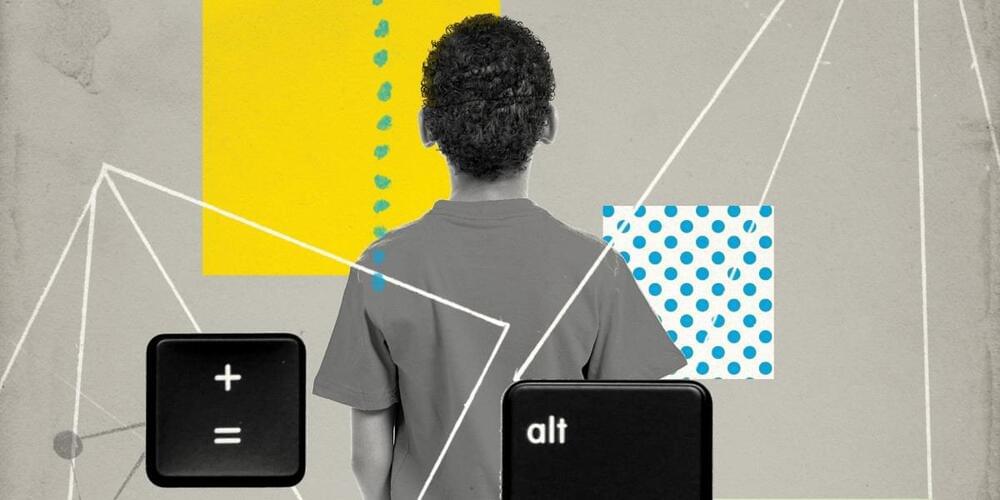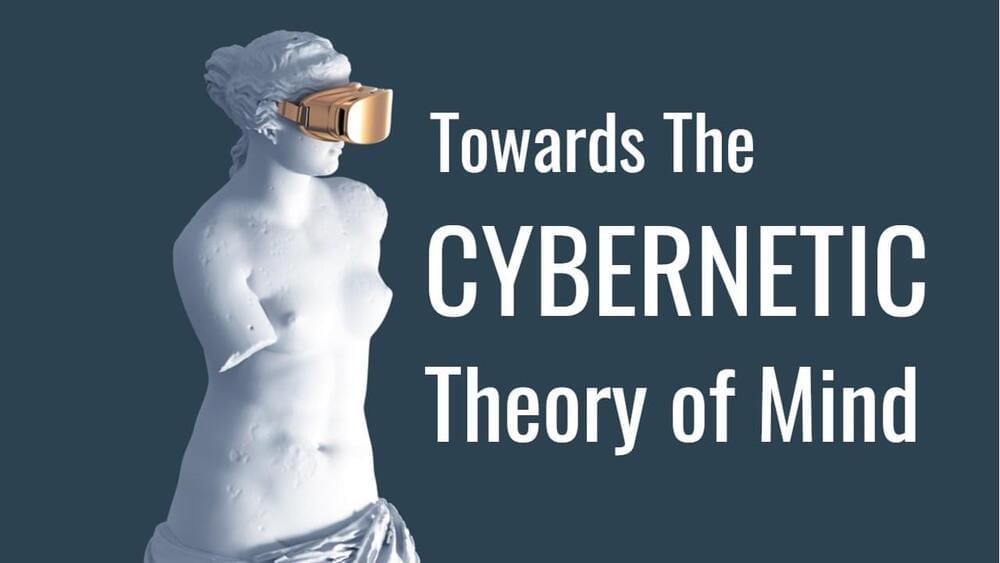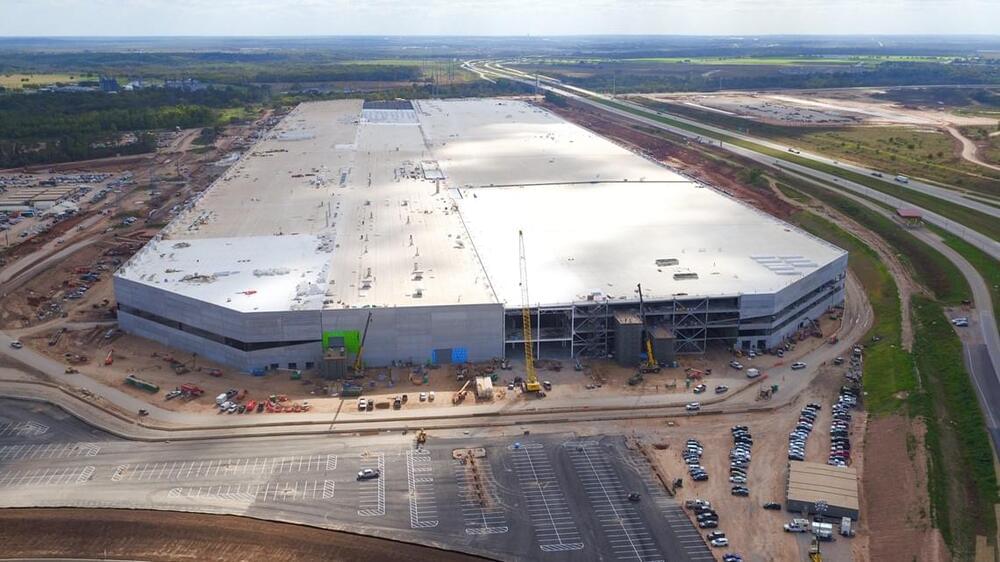Apr 25, 2022
Laptops alone can’t bridge the digital divide
Posted by Shubham Ghosh Roy in categories: computing, education
The failures of One Laptop per Child have much to teach us about fixing educational inequities.

The failures of One Laptop per Child have much to teach us about fixing educational inequities.

Remote robotic-assisted surgery is far from new, with various educational and research institutions developing machines doctors can control from other locations over the years. There hasn’t been a lot of movement on that front when it comes to endovascular treatments for stroke patients, which is why a team of MIT engineers has been developing a telerobotic system surgeons can use over the past few years. The team, which has published its paper in Science Robotics, has now presented a robotic arm that doctors can control remotely using a modified joystick to treat stroke patients.
That arm has a magnet attached to its wrist, and surgeons can adjust its orientation to guide a magnetic wire through the patient’s arteries and vessels in order to remove blood clots in their brain. Similar to in-person procedures, surgeons will have to rely on live imaging to get to the blood clot, except the machine will allow them to treat patients not physically in the room with them.
Continue reading “MIT engineers built a robot for emergency stroke surgeries” »
By Ingemar Patrick Linden
A philosopher refutes our culturally embedded acceptance of death, arguing instead for the desirability of anti-aging science and radical life extension.
Ingemar Patrick Linden’s central claim is that death is evil. In this first comprehensive refutation of the most common arguments in favor of human mortality, he writes passionately in favor of antiaging science and radical life extension. We may be on the cusp of a new human condition where scientists seek to break through the arbitrarily set age limit of human existence to address aging as an illness that can be cured. The book, however, is not about the science and technology of life extension but whether we should want more life. For Linden, the answer is a loud and clear “yes.”
To fully embrace the benefits of quantum computing in the future, we need to focus on education and workforce development and become quantum-ready today.
The 13-year-old daughter of a friend visiting my workplace — the IBM Research lab in Zurich — seemed puzzled. She knew I worked in a research lab and I that work with computers, but the computers she knows don’t typically resemble the chandelier-like structure that hung from the ceiling in front of us.
Yet, it is a computer – a quantum computer. And while someone in their early teens right now can be excused for not knowing what a quantum computer is, I would very much like that to change.

Watch the full documentary on TUBI (free w/ads):
https://tubitv.com/movies/613341/consciousness-evolution-of-the-mind.
IMDb-accredited film, rated TV-PG
Director: Alex Vikoulov.
Narrator: Forrest Hansen.
Copyright © 2021 Ecstadelic Media Group, Burlingame, California, USA
Closes July 31st at Midnight
The Texas Cyber Summit is a three day multi-track novice to ninja technical cybersecurity event held annually with an expectation of over 1,200 participants in-person. Note that the in-person will take place in September 22nd – 24th, and the Virtual Conference will take place in November 5th. Featuring five dedicated learning tracks for the aspiring Cybersecurity novice to the expert operator. Deeply technical, research and management briefings that address the entire cyber threat landscape. The Texas Cyber Summit is held in Austin, Tx and is a IRS 501C3 Non-Profit Organization.
Austin is home to major fortune 500 companies, Cyber Futures Command, Defense Logistics Agency, and Air force logistics. We host Specialized tracks include teaching, training, responsibilities, and ethics in specialized fields such as digital forensics, Scada, Supply Chain, Red Team Tools, Tactics and Procedures, Blue Team and the Art of Defense, and much more.
NASA astronaut Doug Hurley reminisced on what it was like working with SpaceX CEO Elon Musk before he flew on a historic flight to space and back in 2020.
In an interview with Fox News, Hurley spoke about his impressions of Musk, the billionaire space race, and a new Netflix documentary, “Return to Space” which follows Hurley’s journey and that of fellow astronaut Bob Behnken as they embarked on the first human SpaceX mission to the International Space Station.
In May 2020, Musk and SpaceX made history after the company successfully launched two astronauts into space aboard a Crew Dragon spaceship. Shortly after, the astronauts’ ship docked at the International Space Station.

The International Lunar Observatory Association (ILOA) in Hawai’i is preparing to launch a dual-camera system attached to a Moon lander whose primary purpose will be to photograph the cosmos.
ILOA is preparing its precursor science education payload for integration on a pioneering commercial Moon lander later this year, while also continuing to advance more robust observatories for future long-term astronomy, science, and exploration missions.
Continue reading “A Cosmic Camera is Being Sent to the Moon’s South Pole” »

Ahead of the Tesla Gigafactory unveil party Thursday, the company’s large presence in Austin has opened doors to new education and job opportunities for locals.
ABOUT PETER DIAMANDIS
Peter is the founder and executive chairman of the XPRIZE Foundation, and has started over 20 companies in the areas of longevity, space, venture capital and education. He is also the New York Times bestselling author of several books, including his latest, Life Force, which he published early in 2020 with Tony Robbins.
Peter joined host Robert Glazer on the Elevate Podcast to discuss transformational changes needed in education, how the pandemic accelerated global trends, and the astonishing medical and health technologies he believes will be widely available, sooner than you think.